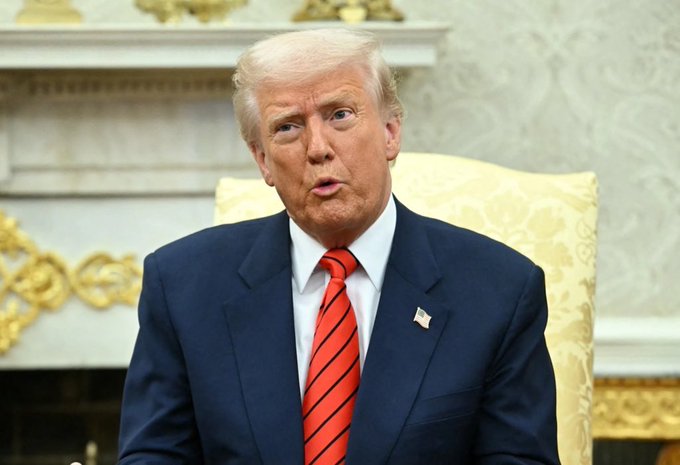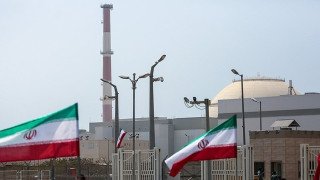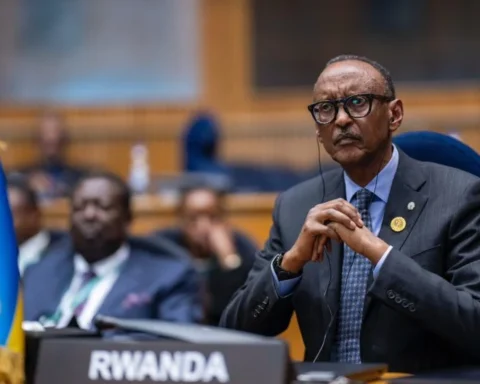The United States and China have agreed to dramatically reduce tariffs on each other’s imports for the next 90 days. The decision, announced after crucial negotiations in Geneva, Switzerland, is seen as a breakthrough moment in what has been a prolonged and bruising trade war between the world’s two largest economies.
Starting May 14, the U.S. will cut tariffs on Chinese goods from a steep 145% to 30%. In return, China will lower its tariffs on American products from 125% to just 10%. The reductions are temporary — lasting for 90 days — and are intended to create space for broader talks on a more permanent trade agreement.
The discussions were led by top officials from both sides. Representing the U.S. were Trade Representative Jamieson Greer and Treasury Secretary Scott Bessent. On China’s side, the talks were overseen by Vice Premier He Lifeng, a key figure in the country’s economic policymaking.
To help prevent future flare-ups, the two countries also agreed to establish a new permanent trade dialogue mechanism — a forum that would allow for regular consultations and dispute resolution, rather than reacting with sudden policy shifts or retaliatory tariffs.
Global financial markets rallied on the news. The New York Stock Exchange, Frankfurt Stock Exchange, and Shanghai Stock Exchange all saw significant gains. Oil prices also climbed as investors expressed relief over the easing of trade restrictions that have long weighed on global commerce.
Also Read; Mexico Sues Google Over Renaming of Gulf of Mexico
Despite the positive signals, key sticking points remain — including debates over intellectual property, forced technology transfers, and open market access. While the current agreement does not resolve these issues, both countries indicated their commitment to continue negotiations in good faith.
“The 90-day period gives us the breathing room to have more serious, structured conversations,” said Greer during a post-meeting press conference. “This isn’t the end, but it’s a real beginning.”
Vice Premier He Lifeng expressed similar optimism, noting that the two nations must recognize their economic interdependence and work toward a more stable future.
The U.S.-China trade conflict has disrupted more than $660 billion in trade since it began, affecting everything from electronics to agricultural products. Both governments now face domestic pressure to find common ground before the temporary truce ends.







